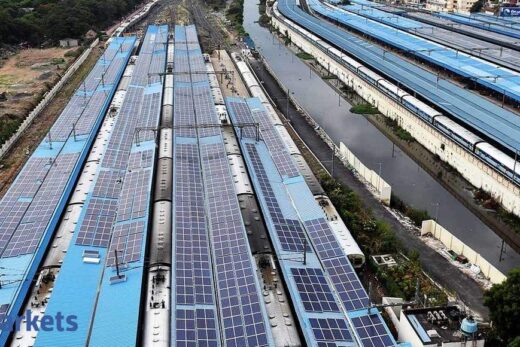The regulator proposed that client KYC should be done through KRAs(KYC Registration Agencies) including stock exchanges and depositories. This would ensure an end to end secured process including Aadhaar authentication, independent verification of permanent account number, document safekeeping and standardisation. However, documentation for opening of account for entering into transaction would continue to be the responsibility of stock brokers and depository participants.
At present, the KYC process in the securities market is undertaken by registered intermediaries (RI). After completion of KYC, RI uploads KYC records to KRA. KRA’s are the repository of KYC data in securities market .
The role of KRAs is centralization of the KYC records, ascertain the KYC documents uploaded by the RI and share KYC records with other intermediaries as and when required. The responsibility of conducting the KYC and maintenance of records rests with the RI and KRA is not expected to verify the credentials of the documents/ information uploaded by the RI.
In the existing KYC process, every registered intermediary(RI) has to invest in infrastructure, manpower, technology, and implement processes which often vary between intermediaries. In the eventuality of cancellation of registration of RI, original KYC documents collected by it may not be available to subsequent RI and investor has to undergo KYC process again.
“In order to achieve multiple objectives of standardizing the KYC process, making the KYC process more robust, avoiding duplication, saving cost to RI etc., a modified process for KYC in securities market has been envisaged,” Sebi said in a discussion paper seeking public comments by February 15,2021.



